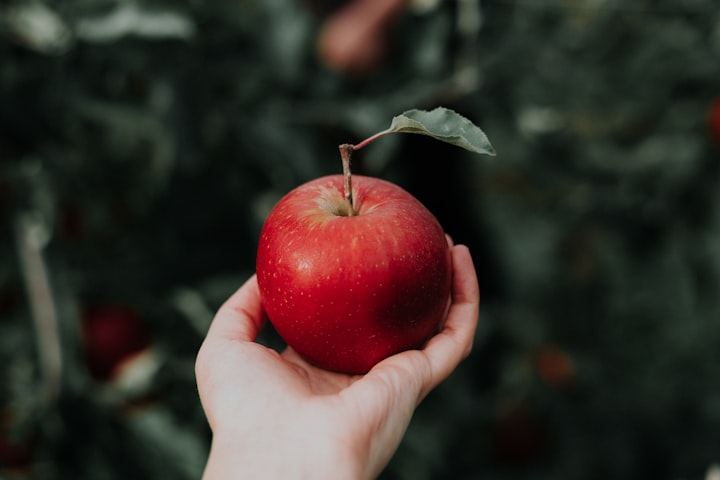
The banana, also known as Musa acuminata, is a tropical fruit that is known for its delicious taste and versatility. The banana is native to Southeast Asia and has been cultivated for thousands of years.
Nutritional Value: Bananas are a rich source of vitamins and minerals, particularly potassium and vitamin B6. They are also low in calories and are considered a healthy food choice. Eating bananas has been linked to a reduced risk of heart disease and high blood pressure, as well as improved digestion and weight management.
Culinary Uses: Bananas are a versatile fruit that can be eaten fresh, cooked, or processed into a variety of products such as banana bread, banana pancakes, and banana ice cream. They can also be used as a sweetener in baking and cooking and are a popular ingredient in smoothies.
Cultural Significance: Bananas have played an important role in many cultures and have been mentioned in literature, art, and mythology throughout history. They are often associated with good luck, prosperity and are considered a sacred fruit in many cultures.
Agriculture: Bananas are an important crop for farmers and are widely cultivated in many regions of the world, particularly in tropical and subtropical regions. They are relatively easy to care for, but are susceptible to pests and diseases. Banana plantations are an important source of income for many farmers and rural communities.
Industrial Use: Bananas are also used to make fibers, paper, and textiles. The banana stem and leaves can be used to make mats, baskets, and other products.
In conclusion, the banana is a delicious and nutritious fruit that has played an important role in human society for thousands of years. Its versatility in cooking, its nutritional value, and cultural significance are just a few reasons why the
Food: Bananas are a popular fruit that are known for their sweet and creamy taste. They can be eaten fresh, cooked, or processed into a variety of products such as banana bread, banana pancakes, and banana ice cream. They can also be used as a sweetener in baking and cooking and are a popular ingredient in smoothies.
Agriculture: Bananas are an important crop for farmers and are widely cultivated in many regions of the world, particularly in tropical and subtropical regions. They are relatively easy to care for, but are susceptible to pests and diseases. Banana plantations are an important source of income for many farmers and rural communities.
Nutrition: Bananas are a rich source of vitamins and minerals, particularly potassium and vitamin B6. They are also low in calories and are considered a healthy food choice. Eating bananas has been linked to a reduced risk of heart disease and high blood pressure, as well as improved digestion and weight management.
Industrial Use: Bananas are also used to make fibers, paper, and textiles. The banana stem and leaves can be used to make mats, baskets, and other products.
Cultural Significance: Bananas have played an important role in many cultures and have been mentioned in literature, art, and mythology throughout history. They are often associated with good luck, prosperity and are considered a sacred fruit in many cultures.
Animal Feed: Bananas are also used as a food source for animals such as elephants, gorillas, and monkeys. The leaves and stem of the banana plant are also used as a source of food for livestock such as cattle and goats.
Beauty and Personal Care: The enzymes found in bananas can be used in skin care products to exfoliate and moisturize the skin. The fruit is also high in vitamin A, C, and E, which are known to be beneficial for the skin.
Medicine: Bananas have been used in traditional medicine for centuries. The fruit, leaves, and stem of the banana tree have been used to treat a variety of ailments, including diarrhea and stomach ulcers.
In conclusion, bananas are a versatile and nutritious fruit that have many uses. They are a valuable crop for farmers and rural communities, and have been used for food, medicine, and industrial uses for centuries. They also play an important role in the ecosystem, providing food and habitat for wildlife. The banana's ability to adapt to different climates and its many uses make it an important crop for people all over the world. With its delicious taste and nutritional value, bananas are sure to continue to be enjoyed





Comments
There are no comments for this story
Be the first to respond and start the conversation.